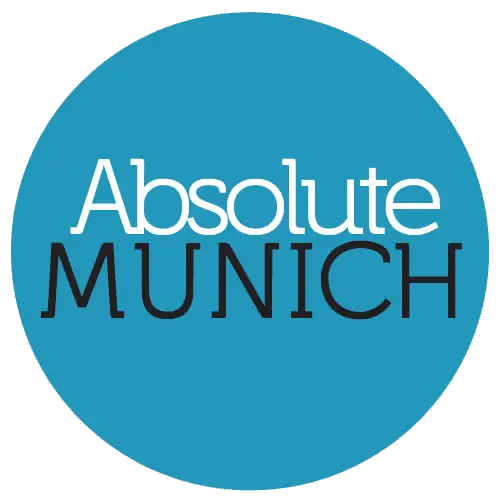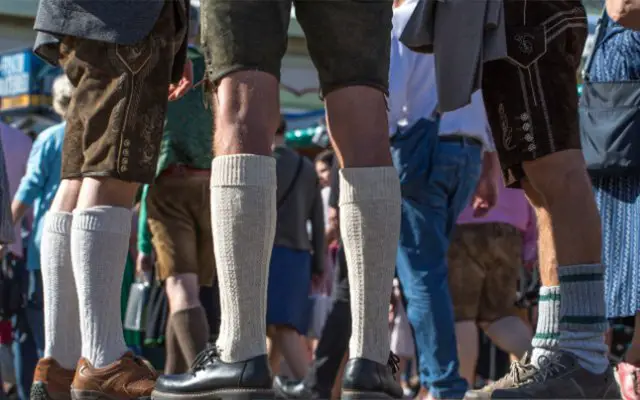Aside from the German national language, Munich – like many other regions on the planet – has its own language with specific dialects.
In Germany, Hochdeutsch, or High German, is the main language, but when you arrive in Bavaria or southern Germany, especially in the smaller villages, you’ll hear Bairish (Bavarian).
In Munich itself, although it is not as used in everyday conversations, it is understood. Often, you will hear the locals greet each other in Bairish, and you’ll see them on shop signs, in restaurants and in Kniepe (German Pubs).
So it is always fun to learn a few phrases to surprise the locals. It is also great to have a laugh especially if you managed to learn a few lines from Trinklieder (drinking songs) during October Fest or Fasching (carnival in Bavaria).
So let’s have some fun and talk Bairish!
Since the Oktoberfest will take place again this year, this post is updated for this occasion. Enjoy the Oktoberfest edition down below with new fun phrases and history.
Common Greetings
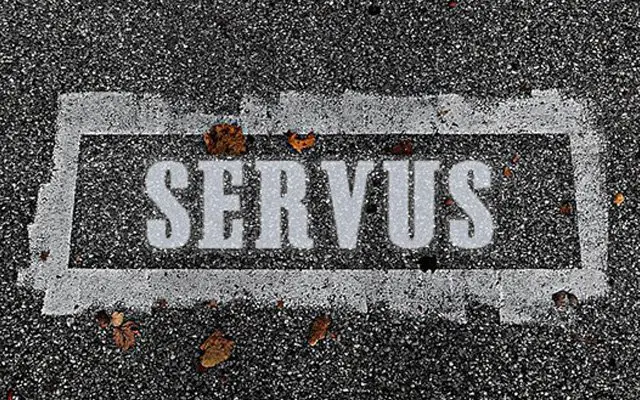
If you are already acquainted with a bit of German, you’ve learned that there are formal and informal ways when it comes to greetings. This also applies to Bairish, so it is important not to misuse them. The following are some common greetings that are used daily, so don’t be shy tin using these Bavarian Phrases.
Grüß dich (single)/ Grüß Euch (plural)!
Basically, it means “greetings to you”, and it is used like “hello”.
You can use this to greet everyone, ie. Someone older or younger, a stranger or someone you already know. (ü sounds like “ee”, ß = ss)
Grüß Gott!
It means, “Greetings from God” or “God bless you”. These days, it is more commonly used by older generations.
Servus!
You’ll hear this everywhere: people on the streets, cafes, shops, etc. While in the past, it meant “at your service “, it is now a warm friendly way to say “hi”. In saying that, better stick with “Grüß dich” when you are greeting people older than you, especially if you don’t know them well.
Pfiat di!
Pfiat di, like Servus, but is used for saying goodbye. A much more personal way to say Auf Wiedersehen (goodbye), with the literal meaning of “see you again”. Historically, it means “God Protect you.”
Remember these for parties & celebrations!
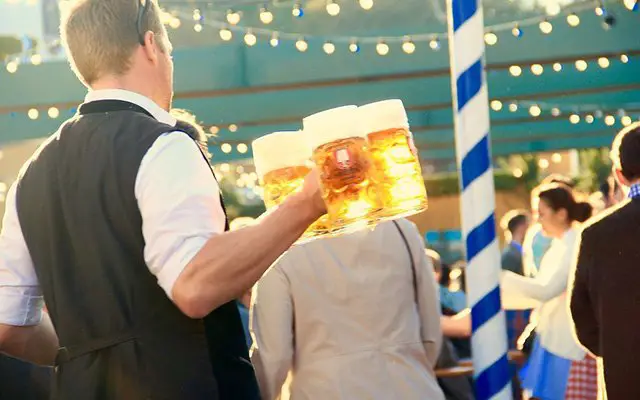
Not to be not caught out as a typical tourist, use these fun and practical Bavarian words and phrases when you are at a Kniepe (German Pub) or Biergarten (beer garden).
ein Mass
Yep, that’s the word of a pint! But don’t be surprised when you receive a massive jug of Beer. In Bavaria, ein Mass is a 1-Liter pint. If you have a low tolerance for alcohol like me, you can ask for ein kleine Mass (a small pint), which btw, many Germans also order this! So don’t be reserved to ask for it!
Prost!
Basically means “cheers”. So this can be used anytime when you have a drink. This is one of the Bavarian Phrases that might be essential if visiting Oktoberfest.
Hau di hera, samma mehra
You use this when someone asked you to share your table. This friendly reply is roughly translated as “you’re welcome to sit here, the more the merrier!”.
Do-sitzn-de-do-de-dooi-wei-dos-sitzn
Hahah, just try to pronounce this one! We’ve already separated them into hyphens to help to break up the pronunciation!
You usually find this on a wooden sign at the table of restaurants or Kneipe where is reserved for the regulars. It basically says, ” The people who sit here, always sit here”, so don’t even bother asking!
An Guadn!
Simply means “Bon appetite!” If you can’t remember it, you can also say it in the standard German way, which is “Guten Appetit” or “Mahlzeit” (mealtime).
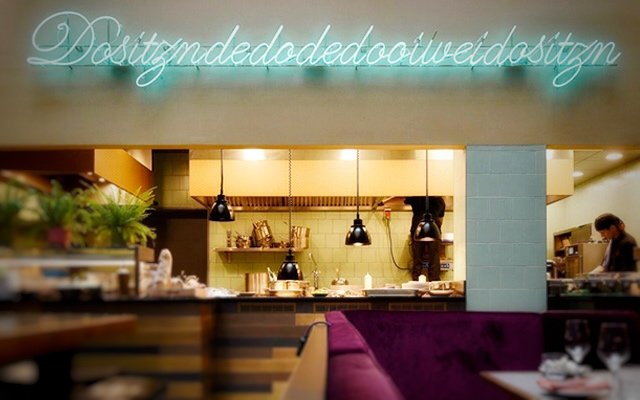
Photo credit : Neni München
Is Bavarian A Language? Why not read our opinion piece right here.
Practical words & Bavarian phrases
Brez’n and Sammel
Being in the bread country, you’ll definitely find yourself in a bakery one time and wondered what are all those fancy bread rolls call. Sammel is the collective term for these. Outside of Bavaria, they are generally called Brötchen (small bread).
As for the beloved Pretzel, you’ll have to pronounce it with a “B”. “Ich möchte gern eine Brez’n” ( I would like a Pretzel). At the Beer gardens, make sure you get the gigantic one with your Mass.
Vo ist as glo?
Is worth learning this one: “Where is the toilet?”. While you most probably see the door signs marked with the obvious male and female icons, it is also good to know Herr/ Buam = male, and Frau/Madln = female.
Duad ma laid
Very similar to Hochdeutsch “Es tut mir Leid”, meaning “I am sorry”. This phrase is to be used on a more apologetic note, unlike “excuse me” (Entschuldigung). It is used more for situations when you are late, and not if you’ve accidentally bumped into someone.
Cheeky words & phrases
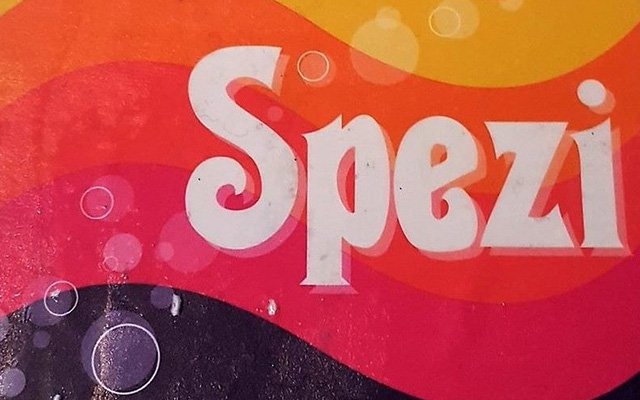
Photo Credit: Paulaner Spezi
A geh weida/ Schleich di!
This can be used in a few different situations, typically expressing your disbelief when hearing news from a friend, like “Oh, com’on, don’t take it so seriously”, or “you’re kidding me!”. In a question form, it is like “really? I can’t believe it!”.
This can also be used sarcastically. Eg. when someone is really annoying, and you want he/she to go away. The literal meaning becomes ” It would be appreciated if you would just go away.”
Bressiad’s da!
Works when someone is rushed or in a hurry, then you can say “Bressiad’s da!”, meaning “Chill out man!”
Spatzl/ Spezi!
A “darling” way to call your partner, like “sweetheart” or “honey”. It was popularized by the comedy, Monaco Franze in the ’80s. To fully get the underlying tone of the meaning, you’ll have to have watched the series!
Essentially, Spatzl is for females and Spezi for males. Don’t be confused with the popular soft drink that is a mix of coke and lemonade. (Surprisingly, it actually tastes better than it sounds!)
Oktober Fest edition
Wiesn
You’ll hear this a lot during the Oktober Fest. That’s because the local often refer to this as der Wiesn. Derived from the venue Theresienwiese (a meadow outside of Munich at the time. This is not to be confused with where Theresienwiese is now), where the Oktober Fest was originated.
As the wedding of the Crown Prince Ludwig and Princess Therese of Saxony-Hildburghausen held on 17th October, 1810 became a Bavarian tradition, the locals then eventually called it d’Wiesn. This is now even shortened to Wiesn.
O’zapft is!
With a tap on the keg made by the mayor of Munich and exclaiming “O’zapft is!” (it’s tapped!), that officially marks the start of Wiesn!
This exciting ritual has started in September 1950 and it always takes place on the first day, noon of the Wiesn in the Schottenhamel festival tent. Eager crowds would gather around the tapping ceremony and be ready to count the number of strikes required to open the tap. The record-holder was Mayor Thomas Wimmer striking 17 stunning strokes.
biesln
Well, after Maß of beers, it’s hard to ignore nature’s call! The Bavarian word for peeing is biesln.
Der ganze Bua a Depp
This is not directly related to Oktober Fest, but you probably hear someone exclaiming it if a person got beer spilt on. It translates to something like “you idiot boy”. In English speaking world, it’s roughly like saying “you idiot!”
Zefix
When you say the word Zefix, it should be short and intensive! This word originated from the word Kruzifix (crucifix) and it’s similar to saying “damn” or “crap”. You know this person is not in a good mood when he/she says it! You better walk away!
Ja mei!
This is a classic reply if you don’t want to upset anyone. You can use Ja mei to answer any question without a positive or negative emotion. For example, “Did you like the movie?” Ja mei ! “The museum was nice!” Ja mei! “oh, you forgot your jacket?” Ja mei!
The only time you probably don’t want to use this is when someone asks you if you want another beer!
We hope you’ve enjoyed trying to pronounce some of these Bavarian phrases and get a glimpse of the Bavarian culture.
The Bavarians although often give the impression of being very direct, and may come across as rude, but they also like to have a laugh! So let us know how you went speaking Bairish.
For more serious “German learning”, we have also selected some practical and online resources for you. Check out our post.
